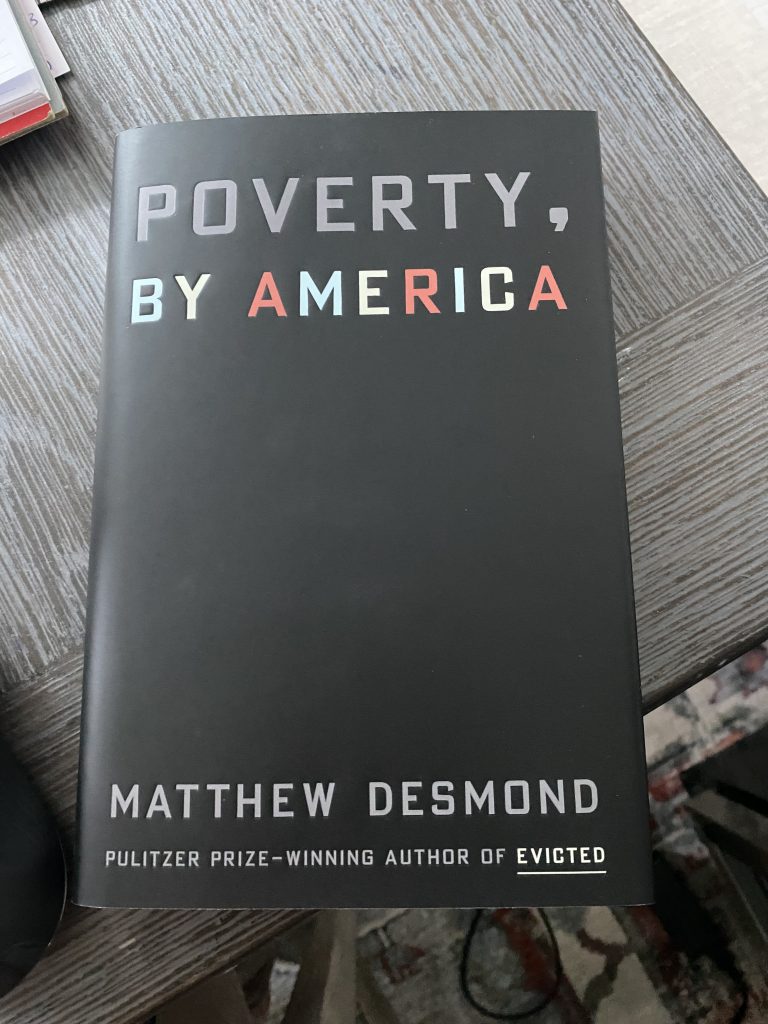Hello hello,
Summer is officially coming to an end here – the boys start school tomorrow. Most people I talk to look forward to the routine school schedule, but our summer schedule is more palatable for our family. Tomorrow means an early wake up call for the kids and a mid-afternoon school pick up that’s tough to juggle with work schedules! [Post script update – I actually forgot to pick up the kids on the first day of school… Oops!!]
The two older boys and I are recently home from a quick trip to MN which is always life-affirming. Things that restore my soul after a trip home (in no particular order): super wide highways, the intense, psychedelic experience of GREEN everywhere, dinner with my best friends from high school, family, Super Target, being in-person with coworkers, Caribou coffee, kind interactions with strangers. When we got back to CA, I was explaining to Chris this general feeling of ease that comes over me when I’m in Minnesota, and he astutely pointed out that familiarity = ease. Duh. And then he also pointed out the benefits of immersing ourselves in new and different environments to slow down time and challenge our sense of ‘normal’ and instill an appreciation for comfort, etc. I love both things – familiarity and new experiences. How privileged am I that I get to experience both… #powertoprivilege What a gift!
In other news, I recently bought myself a new Nalgene water bottle which should be a very benign purchase, but man, it has sent me spiraling! I once had a bumper sticker that said “Si quieres la paz, lucha por la justicia” -Pope Paul VI- (If you want peace, fight for justice) – I placed this sticker on my first Nalgene water bottle (circa 2003 – let’s remember this was the height of the Nalgene craze). I acquired the sticker on a mission trip in Newark, NJ my junior year of high school, and while I loved the sticker and the bottle, I lost both a few weeks later. That phrase (specifically, that phrase in Spanish) is seared in my memory, and now I find it surprising to remember that it’s a quote from a Pope. I went to a Catholic high school so obviously mission trips were based in the faith. But nowadays, I don’t see my current ‘fight for justice’ as faith-based. This memory is confounded with all kinds of other facts around why I’m not super keen to regularly bring my kids to Catholic church these days. There are so many tenants of the church that are in conflict with my values (I’m pro-choice, pro-gay marriage, pro-female equality, just a general pro-tolerance for all things…) And yet, I wonder if my current compulsion to lucha por la justicia is because of the foundation (aka catholic school) of my upbringing. How are we supposed to know these things? If I raise my kids agnostic, what do they lose? What do they gain? How do you compare the two? Can I give them all the good from a religious education without any of the negative?
This endless circle of thoughts leads me here: Do you ever put your earbuds in and put the music up so loud it totally consumes your physical body? If not, I highly recommend it.
In other, other news, this is the summer of Taylor Swift’s Eras tour and Beyonce’s tour and the Barbie move. I’m HERE FOR ALL OF IT! And, I’m also mostly here for Ed Sheeran’s tour lol. This musically-charged summer makes me think of a good friend at work with whom I routinely exchange book recommendations. We’re similar in that we’re both reading a fiction and a non-fiction pick at the same time. Then she mentioned she also reads poetry… [insert my blank stare] That’s when I confessed to her that I’m definitely not into poetry. However, after we exchange favorite authors and books, it becomes very clear that all of my favorite authors just happen to be poets (Coincidently, I only read their non-poetry work!). All of this to say, obviously T Swift is a beautiful and gifted poet. And now I can recognize that Ed Sheeran is also a gifted poet (as are all of my favorite musicians …ahem Dessa…) And, I’m slow to this realization, but I’ve always LOVED song lyrics since as long as I can remember. So, that leads me to question why I’m quick to profess my love for these poets/musicians and yet keep a distance from professing a love of poetry… So many questions…
I really thought this was just a brain dump of random thoughts but doesn’t it all come back to inquiring about our internal contradictions? My takeaways – love the familiar and the new, embrace your traditional foundation and strive to improve it, and appreciate the nuance of what you love even if it conflicts with something you don’t love.
Per usual, zero answers, only thousands of new questions.
#powertoprivilege #courageousconversations #blacklives matter
Talk soon,
Jessica

